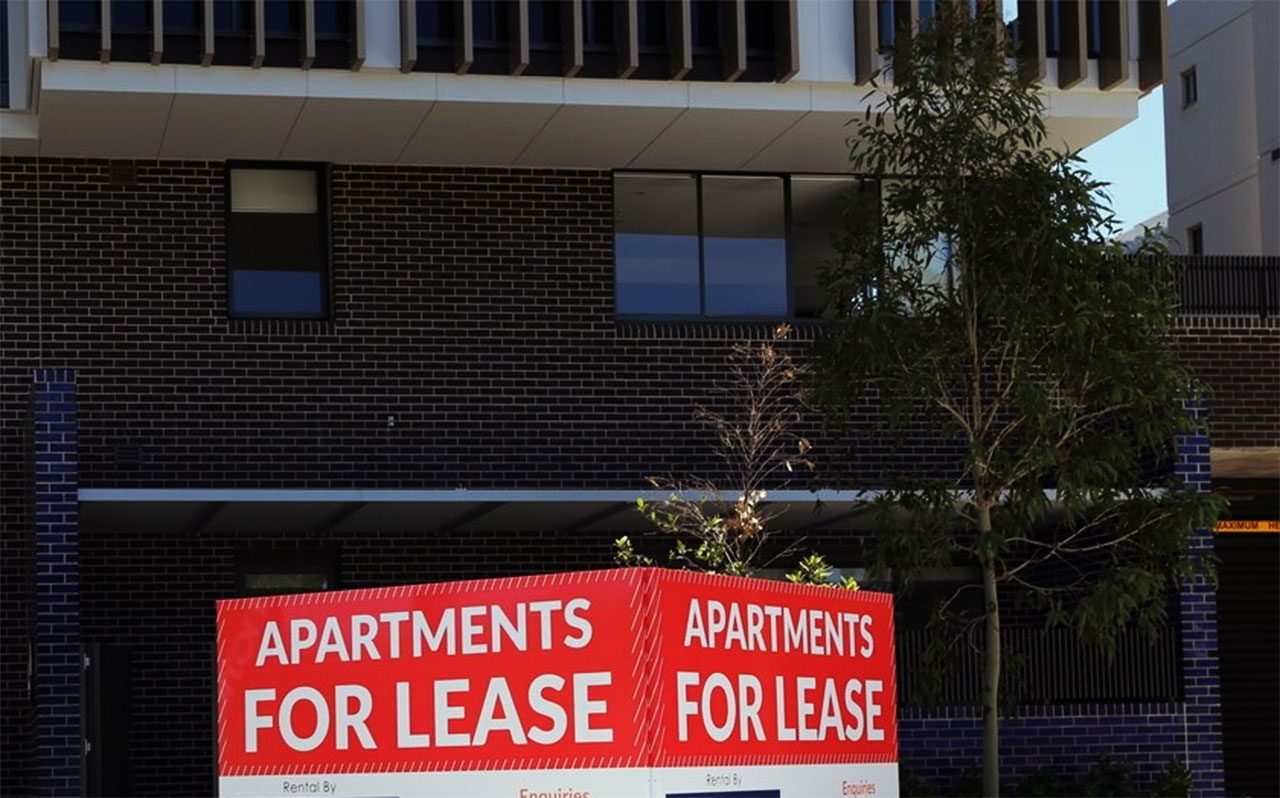This article is from the Australian Property Journal archive
RENT bidding has been outlawed as part of a suite of new rental laws passed through Queensland Parliament, but overall they “missed the mark”, according to a major real estate body.
The Real Estate Institute of Queensland (REIQ) says while it is “celebrating some wins” from its submission that recommended 39 amendments to the Residential Tenancies and Rooming Accommodation and Other Legislation Amendment Bill, it is “disappointed that many of its concerns were ignored”.
Queensland Housing Minister Meaghan Scanlon in a statement, “These reforms are about making renting fairer, safer and easier”.
“It means renters won’t have to bid more than advertised to secure a rental, that they’ll have their privacy protected and a new code of conduct will stamp out unprofessional practices.”
Vacancies in Brisbane sat below 1% at the end of the March quarter, according to PropTrack.
Support for renters in the form of a rent relief package and the law changes to rent bidding formed one of five pillars of the Miles government’s ambitious $3.1 billion Homes for Queenslanders housing plan released in February.
The newly-passed legislation will see Re-letting costs now limited based on how long is left on a fixed-term lease. Fee-free options must be provided to renters, and a property manager must provide evidence for any claims to be taken from a bond.
“While we remain gravely concerned about the impacts of attaching the 12-month rent increase frequency limit to a property rather than a tenancy agreement, there was some concession made for rent increases when a property is sold,” said REIQ CEO Antonia Mercorella said.
She said some of the REIQ’s significant concerns were addressed by a suite of eleventh-hour amendments to the legislation. They included a time limit that was originally proposed for water consumption charges, which would have seen property owners potentially picking up hundreds of dollars in water bills belonging to the tenant, avoided by an amendment that will allow an invoice to be issued to a tenant based on their estimated water usage at the end of their tenancy.
Mercorella said the proposed legislation would have effectively prevented tenants from paying rent more than four weeks in advance during their tenancy if they wished to do so, which would have been a “catastrophic oversight requiring intensive manual monitoring of rental payments from property managers”, who could have faced fines of up to $7,000 for a slip-up.
Allowable timeframes for storing renter’s personal information will be consistent with legislation governing real estate professionals’ conduct. This has seen the storage timeframe increased from three years to seven years, before that information is required to be destroyed.
Structural changes or fixtures requested by tenants in apartment and unit complexes will now need to be subject to body corporate approval.
Mercorella said perhaps the biggest win in this Bill was that it will see continuing professional development introduced for all real estate professionals.
However, the REIQ still warned that there are a number of “problematic flaws” in the legislation.
“Previously, there was no maximum rental bond if weekly rent was more than $700, but now a maximum limit of four weeks rent will apply to all general tenancies irrespective of the weekly rent,” Mercorella said.
“Our key concern is that this may lead to an avalanche of refund requests from tenants with bonds higher than the new limit.
“This will create a significant administrative burden on property managers and the RTA, which could easily be avoided if the new limit only applied to agreements made from the commencement of the new laws.
She said government is “yet again” introducing new provisions to rent increase frequency limits in a retrospective manner – “rather than giving lessors ample notice to prepare”.
Changes regarding formulating reletting fees could also see tenants paying far more in break lease fees than was previously permitted.
Mercorella said that she would have liked to have seen the government and opposition undertaking more consultation with stakeholders to ensure the legislation was practical and fair, and that the Bill was “hastily drafted and tabled without consultation with key stakeholders”.




